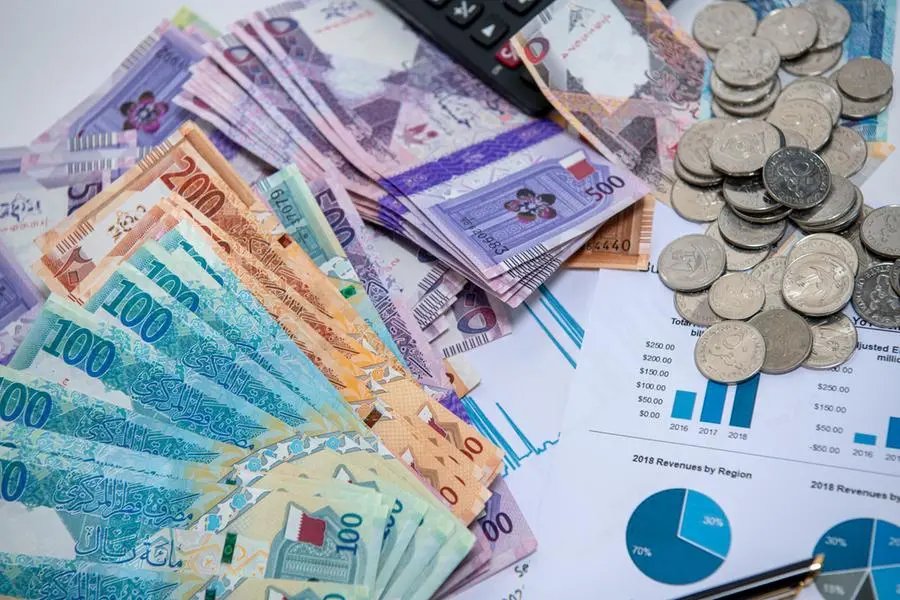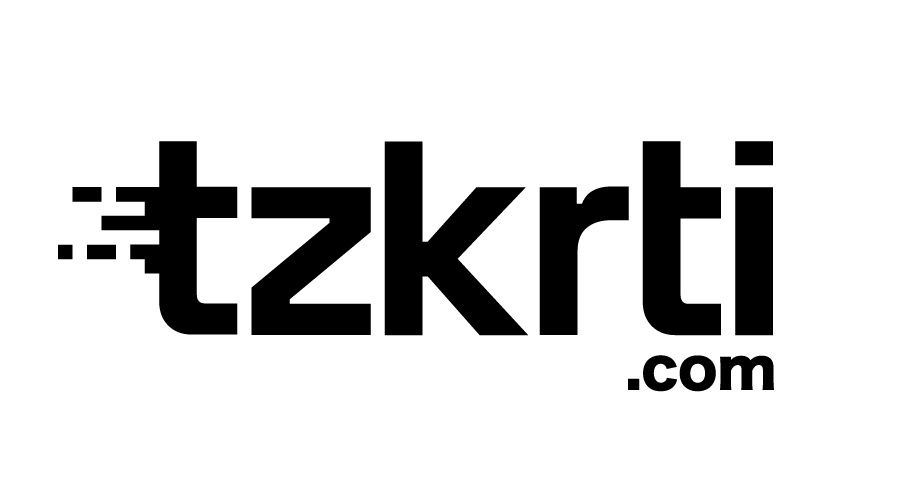Saudi Arabia is advancing its plans to launch nationally regulated stablecoins, a move that has garnered strong support from global crypto exchanges and signals a major step in the Kingdom’s digital asset strategy. The initiative is being led by the Ministry of Municipal, Rural Affairs and Housing in collaboration with the Capital Market Authority and the Central Bank.
A Strategic Push for Financial Modernization
Minister of Municipal, Rural Affairs and Housing, Majed al-Hogail, announced that the government aims to introduce the regulatory framework for stablecoins soon, positioning the Kingdom to harness the benefits of digital currencies.
“If digital currencies are developed within Saudi values and regulations, it will create a faster financial system,” al-Hogail stated.
Stablecoins, which are digital currencies pegged to a stable reserve asset like the US dollar, offer the efficiency of crypto assets while mitigating the volatility of currencies like Bitcoin. This stability makes them ideal for accelerating payments, streamlining remittances, and enhancing cross-border transactions in an economy where over 79% of retail transactions are already cashless.
Global Crypto Exchanges Voice Support
The Kingdom’s strategic exploration into digital assets has been met with enthusiasm from leaders in the global crypto industry, who see it as a pivotal moment for the region.
“The Kingdom’s exploration of regulated, utility-based stablecoins marks a turning point for the region’s digital-asset landscape,” said Vivien Lin, Chief Product Officer at BingX.
Michelle Daura, Head of Regulated Regions at Bybit, echoed this sentiment, calling the initiative a strong signal of progress.
“Stablecoins can advance the financial ecosystem when embedded in rigorous regulatory frameworks and aligned with national values,” Daura explained.
Both leaders highlighted that a regulated stablecoin framework could provide near-instant settlement, reduce cross-border transaction costs, and improve traceability for financial activities.
Unlocking Economic Potential Across Key Sectors
The introduction of regulated stablecoins is expected to deliver significant benefits to several key industries, including fintech, real estate, and retail. Potential applications range from facilitating trade and fractional ownership to powering e-commerce platforms and loyalty programs.
“Regulated digital assets act as enablers for innovation, aligning perfectly with Saudi Arabia’s economic diversification goals,” Daura added, referencing the country’s Vision 2030 agenda.
About The Capital Market Authority
The Capital Market Authority (CMA) of Saudi Arabia is the government organization responsible for regulating the nation’s capital markets. Established in 2003, its primary objectives are to ensure fairness, transparency, and efficiency in the market, protect investors, and develop a sophisticated financial sector that supports the country’s economic growth.
Source: Fintech News Middle East














